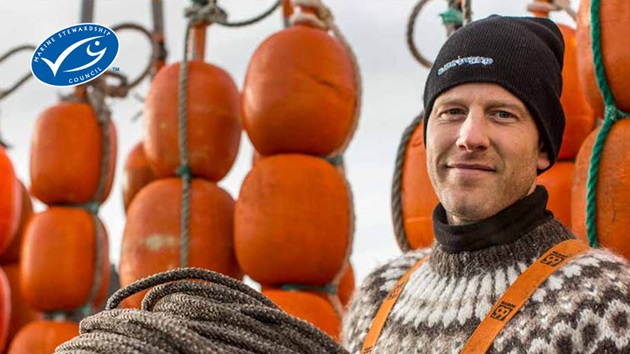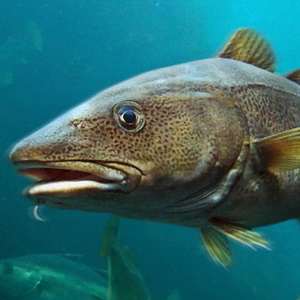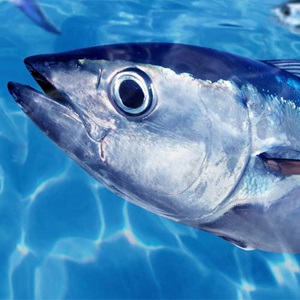A message from our CEO
“Despite the difficult economic conditions of the last year, we’ve seen remarkable resilience and stability in the sustainable seafood sector. This would not have been the case in the absence of the continued leadership and engagement of the fishing industry and the determination of the market to continue to meet the growing consumer demand for sustainable seafood choices.
“Thank you too to all our partners – the achievements we celebrate in this publication are your achievements. We look forward to continuing to work together to celebrate sustainable fishing, help secure seafood supplies for this and future generations, and to ensuring our oceans remain teeming with life.”
Rupert Howes, Chief Executive, Marine Stewardship Council
Progress in sustainable fishing
15.48 million tonnes
MSC engaged catch
63 countries
engaged in the MSC program
716
fisheries engaged in the MSC program
19.3% of all wild marine catch engaged with the MSC*
Number of fisheries engaged in the MSC program
572
85
34
25
Species engaged
Fisheries engaged in the MSC program target 203 different species.
75%
of the commercial whitefish catch is MSC engaged
53%
of the commercial tuna catch is MSC engaged
91%
of the commercial salmon catch is MSC engaged
Delivering impact
From ITM to assessment
In December 2023, a South African pole and-line albacore tuna fishery became the first to enter full assessment following participation in the In-Transition to MSC program. ICV Africa, made significant improvements in order to meet the requirements of the MSC Fisheries Standard. This included appointing an on-board observer team and crew training to ensure any endangered, threatened or protected species with which the fishery interacts – particularly seabirds – are handled safely to reduce harm.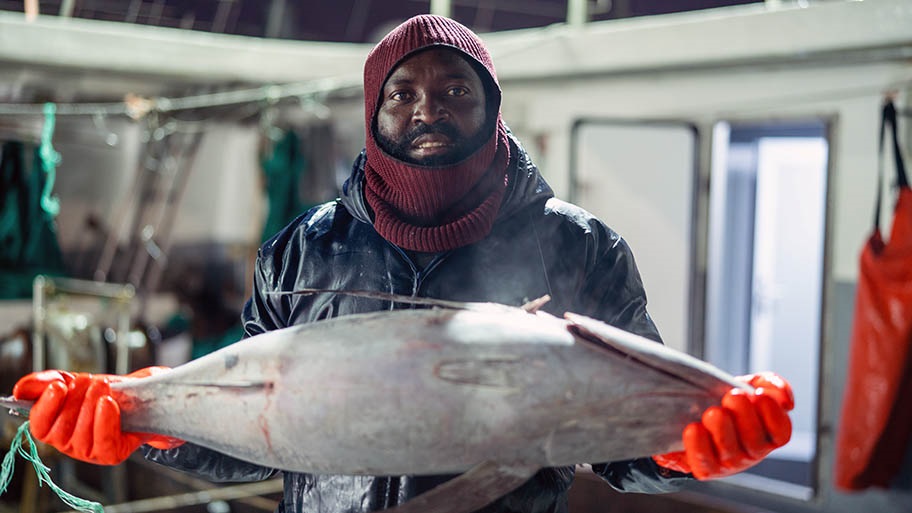
Protecting deep-sea dwelling skates
Colette Appert, a PhD student studying skate bycatch survival rates in an Australian toothfish and icefish fishery, received a grant to support collaboration and knowledge sharing with skate bycatch experts in Paris. The research involves tagging and tracking captured skates, which are released alive.
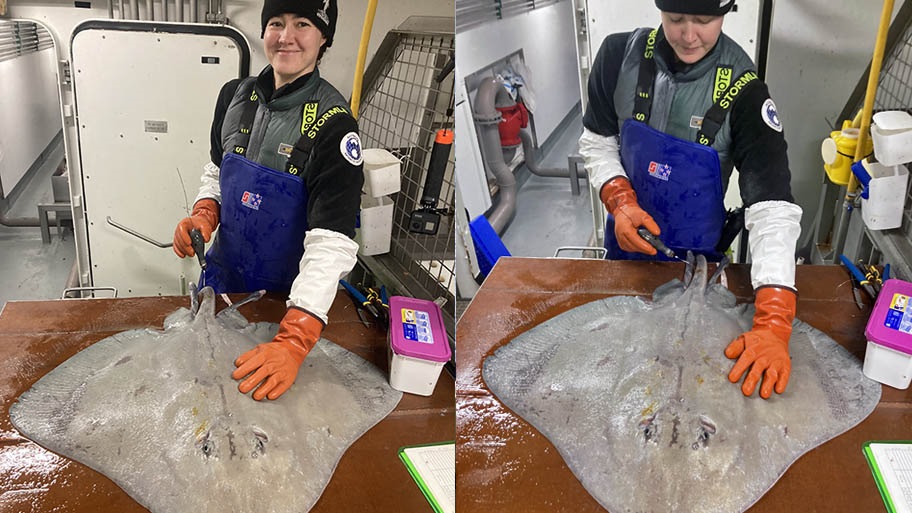
In the marketplace
Sales of MSC labelled seafood have remained steady this year, suggesting that despite ongoing cost-of-living pressures, retailers, brands and consumers are demanding sustainable seafood.
Seafood consumption has been hit by higher prices. But MSC labelled products have maintained their share of the market. We have seen continued rapid growth in sales of MSC labelled seafood in the USA, France and Italy as well as Poland and Central Europe, and the UK market is growing strongly. In Asia, sales grew by an impressive 35% in South Korea and 20% in China.
1.2 million tonnes of MSC labelled seafood was sold in the year to March 2024, amounting to a total retail value of US$13.4bn.
MSC labelled products available to consumers
MSC labelled products: volume sold by type 2023-24
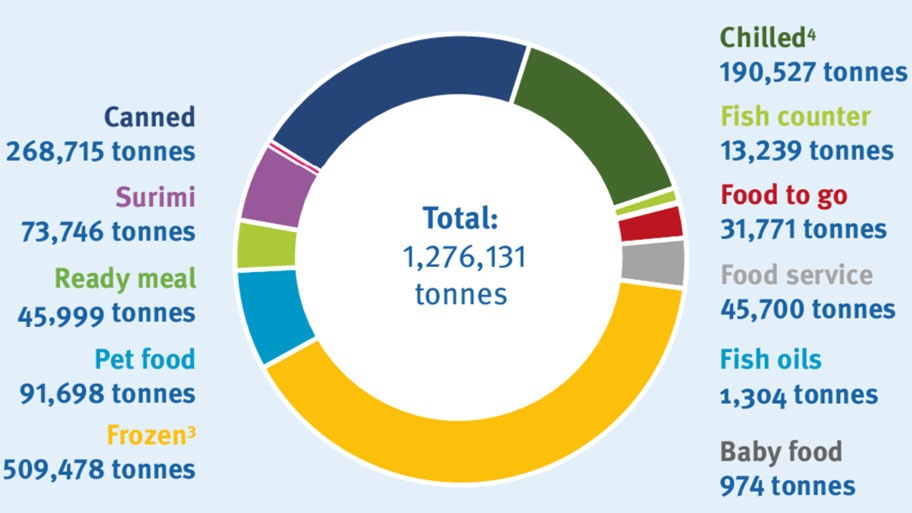
Tracking consumer attitudes
The MSC 2024 seafood consumer survey allows us and our partners to understand the latest consumer attitudes to ocean health, seafood consumption and ecolabels.
The 2024 survey has polled over 27,000 consumers (of which over 20,000 are seafood consumers) across 23 countries.
48%
of consumers listed overfishing as one of the top three most concerning threats to the ocean
4 in 10
consumers are making dietary changes for environmental reasons
28%
believe independent certification helps protect the ocean
50%
of all consumers now recognise the MSC label


